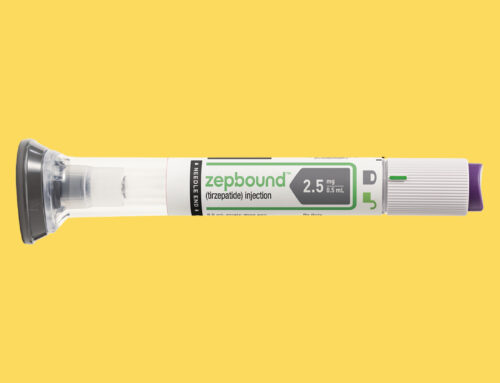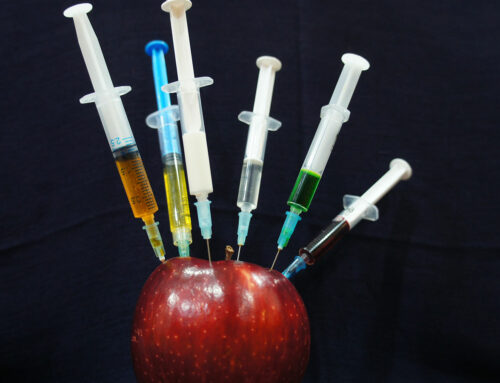Every healthy diet includes basic macronutrients like carbs, protein, and fat. It’s essential that you eat the rights foods in each category, though, to avoid empty calories.
A good diet incorporates plenty of healthy carbohydrates such as vegetables and fruit. Fruit and vegetable consumption is inversely proportional to all-cause mortality. Simply put, your risk of dying is lowered by each of the first 5-7 servings of fruits or vegetables that you consume daily. Less dying is good. Increased vegetable consumption can help us maintain calorie balance. Vegetables are very rich in nutrients but have low-calorie density. Eat your vegetables and fruit: they’re good for you.
When you eat grains, eat whole grains. Whole wheat bread, brown rice, quinoa, and similar foods can be a healthy part of a well-balanced diet. Grains have nutrients which are essential to our ongoing good health. Whole grains are an excellent source of fiber and most have a little protein. Don’t be afraid of having whole grains in your diet.
A healthy diet includes protein. Most Americans tend to eat more protein than they need. We need about 60-120 grams of protein per day. Eating lean meat, such as chicken or fish, cooked in a lean way, is an excellent healthful way to get the protein you need. Other sources of protein are eggs, nuts, beans, legumes, tofu, and milk products. There are additional benefits from oily fish such as salmon as it contains omega-3 fatty acids. Eating foods rich in omega-3 fatty acids may reduce the risk of heart disease.
A balanced diet includes a modest amount of healthy fats. Calorie intake from fat should constitute no more than 30% of your total daily calories. As I mentioned in an earlier post, you should try to avoid trans fats altogether. Saturated fats should be limited to no more than 10% of total calories. We require fat in our diet for normal body function. You shouldn’t try to completely eliminate fat from your diet. Fish, olives and certain nuts are healthy choices for dietary fats.
Your diet should contain an abundance of fiber. Most adults should consume 25-35 grams of fiber daily or about 14 grams per 1000 calories. Eating a high fiber diet is associated with decreased risk for heart disease, stroke, diabetes and all-cause mortality (risk of death). Dietary fiber is present in significant quantities in most fresh fruits and vegetables. Crunchy or chewy fruits and vegetables generally have more fiber than soft vegetables or fruit. Fruit juice tends to be a very poor source of dietary fiber.
A healthy diet is a satisfying diet. Your diet should be interesting and varied. The best way to get all of your nutrients is a well-rounded, balanced diet. There is no dietary supplement which you can take that will match the demonstrated benefits of a healthy diet. Eat well and be well.
Written by H. Allen Chapman, PA-C
Physician Assistant – Certified
Alaska Premier Health






